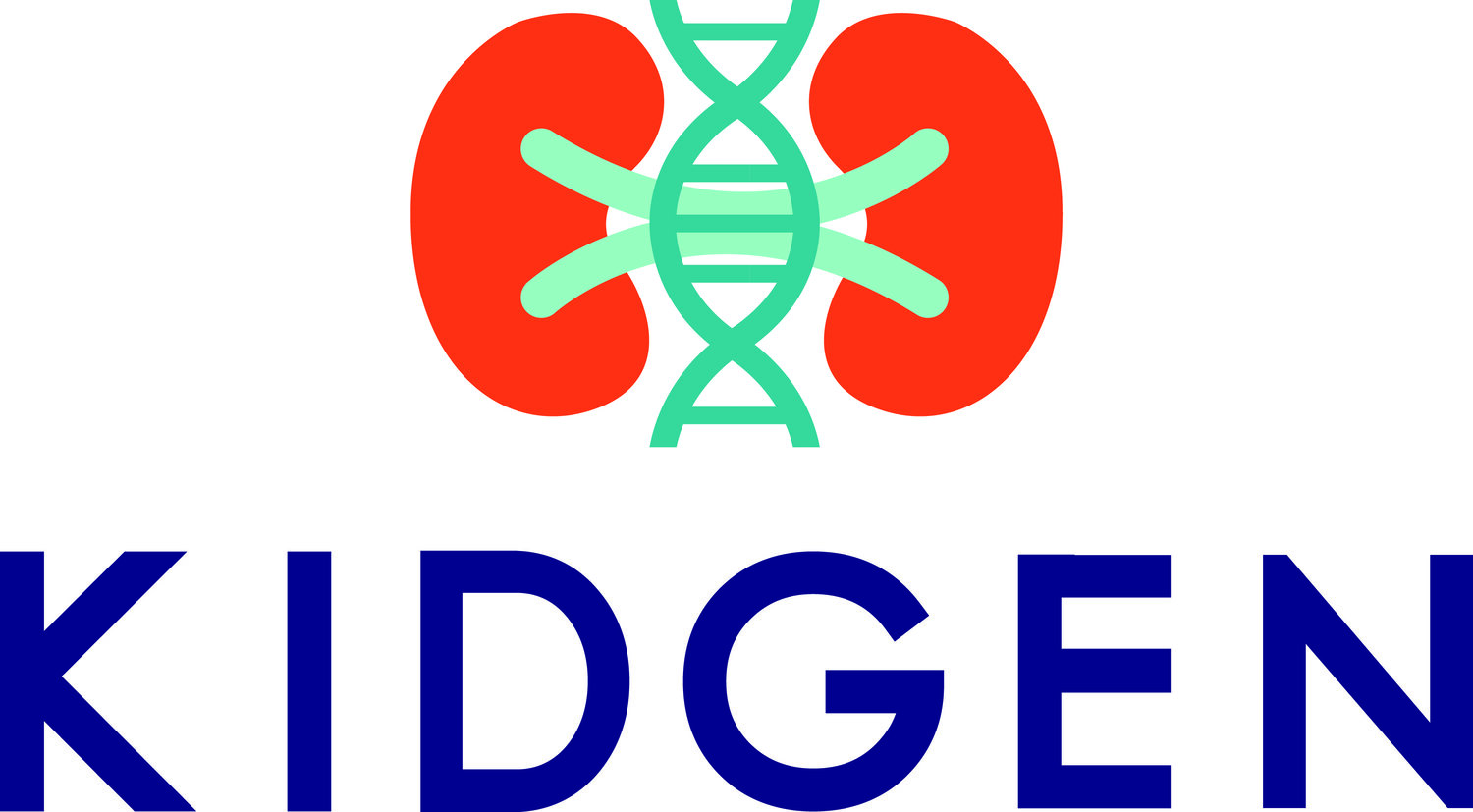Despite the limited number of therapies available, a genetic result can be of particular benefit to the management of kidney disease, especially in paediatric cases where the diagnostic yield of genetic testing is highest at younger ages of disease onset.
A genetic diagnosis can strengthen the indications for a variety of management strategies including:
Routine pre-symptomatic surveillance in the case of autosomal diseases, such as AD-PKD, to identify early disease manifestations and precursors of end-stage kidney disease¹⁴
Pre-symptomatic screening for known disease complications or extrarenal manifestations, such as screening for hearing loss in patients with Alport syndrome¹⁵
The need for specific organ transplants, such as combined liver and kidney transplantation in patients with Hyperoxaluria
The role of specific drug therapies or access to clinical trials, such as Tolvaptan therapy for AD-PKD, or VX-147 for APOL1-mediated FSGS¹⁶,¹⁷
The role of predictive and pre-symptomatic genetic testing in other family members to clarify their disease risk/s, such as testing siblings¹⁸
The role of reproductive testing in planning pregnancies for affected individuals and their families
Conversely, genetic diagnoses can also help rule-out certain management options, such as avoiding kidney transplant in confirmed cases of circulating disease where there is an increased risk of disease recurrence post-transplant.
The absence of a specific genetic finding can also play a role in disease management, where the possibility of circulating disease cannot be completely ruled out in the absence of a definitive underlying cause.

